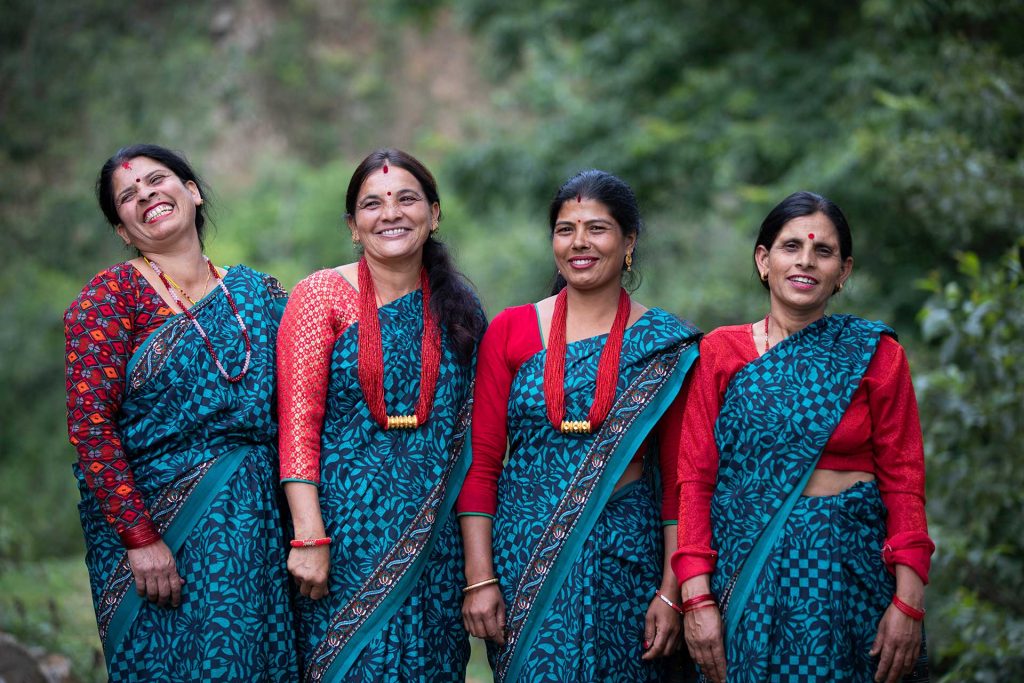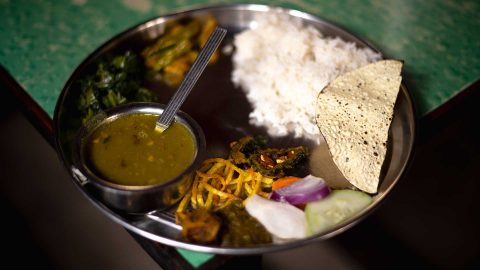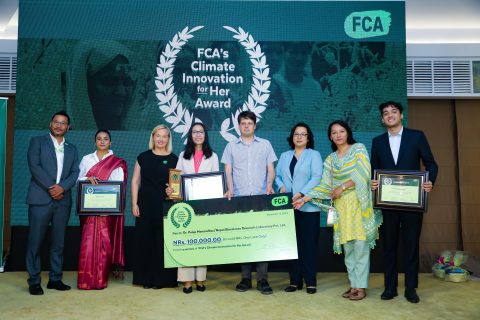Nepal
Nepal is one of the poorest countries in Asia. About a quarter of the population lives below the poverty line. The vast majority of people earn their livelihood through agriculture. Many people from the Nepalese countryside move abroad for work, especially to India. This has resulted in a host of problems, including human trafficking.
FCA’s efforts in Nepal focus on strengthening the rights of poor and socially excluded women and children, improving their opportunities for earning a livelihood, and ensuring the realization of human rights. The work also includes improving preparedness for natural disasters. The development programme is implemented in cooperation with local NGOs and organised village communities.

Population: 29.7 million
Capital: Kathmandu
Currency: Nepalese Rupee
Languages: Nepali (official), more than 120 listed mother languages
Religions: Hindu 81.3 %, Buddhist 9 %, Muslim 4.4 %, Kirant 3.1 %, Christian 1.4 %, other
FCA in Nepal: since 2013
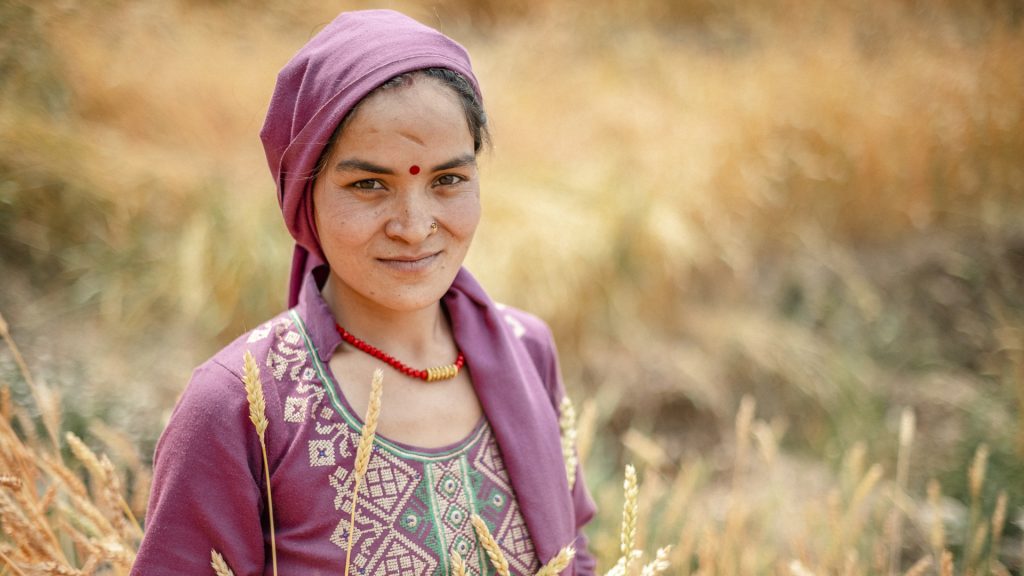
Strenghtening the economic status of the most vulnerable
The long-term change that FCA wants to see in Nepal is that marginalized women and youth are socio-economically resilient and enjoy a decent living. The FCA Nepal Country Office will continue to strengthen local civil society to contribute towards this vision. Through capacity strengthening and elevated awareness levels on rights and access to services and entitlements, FCA provides marginalised individuals with the skills required to advocate for their rights, influencing policy to prioritise marginalised groups. All work will be guided by participatory processes grounded in the Rights-Based Approach (RBA).
Support for small-scale income generation to creation of enterprises and cooperatives, access to affordable finance for sustained business growth continued to be one of the cornerstones.
To reduce poverty for marginalised groups, the FCA will build green, resilient and sustainable livelihoods for the rights-holders, which will be attained through market-oriented vocational and skill training, access to finance, business literacy, enterprise development and business start-up support such as coaching and mentoring, market linkage and support from cooperatives.
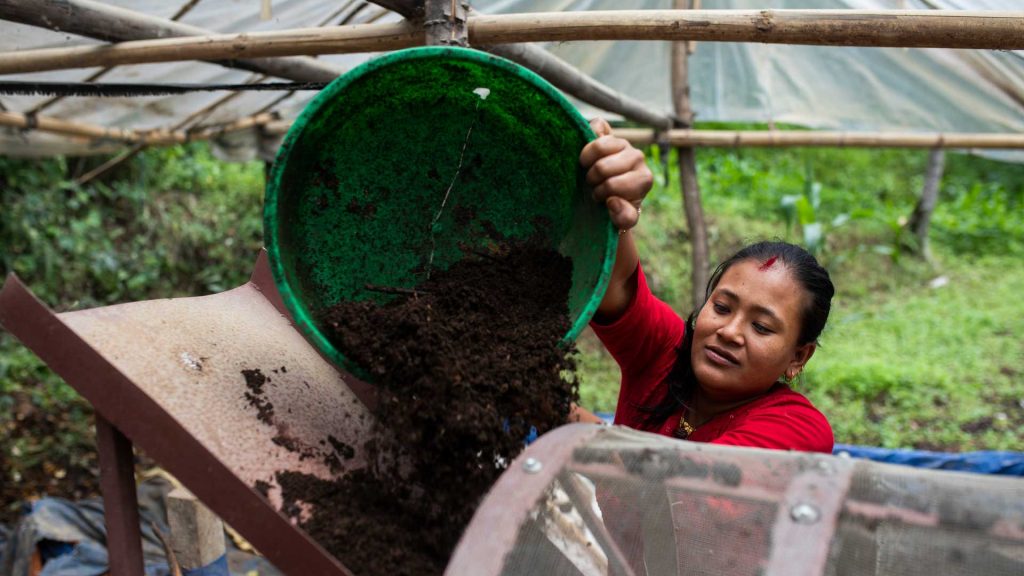
Linking Learning to Earning (LL2E) approach has proved to be an effective framework for ensuring employment and livelihood outcomes after vocational education. Entrepreneurship continues to gain importance where Women’s Bank has been supporting women’s saving and credit cooperatives since 2009.
FCA will also be promoting non-traditional enterprises and livelihood opportunities which break gender or ethnicity stereotypes or are in more modern and innovative sectors than what has been focused on in the past. The potential sectors for this include green economy, creative and digital livelihoods, waste management and circular economy, transportation, agri-processing/post-harvest, sports and recreation, construction, hospitality and the beauty/cosmetic industry.
Quality education
FCA improves access to quality education through Education Sector Development, Technical and Vocational Education and Training (TVET) and Education in Emergencies (EiE).
FCA is supporting education sector development by collaborating with government authorities in the education sector, related to teacher training, curriculum development, and TVET with the aim to develop the pre-service teacher training system and ensure provision of continuous professional development opportunities (in-service training). To strengthen resilience and quality of teaching and learning outcomes FCA will support to update and modernise curriculums.
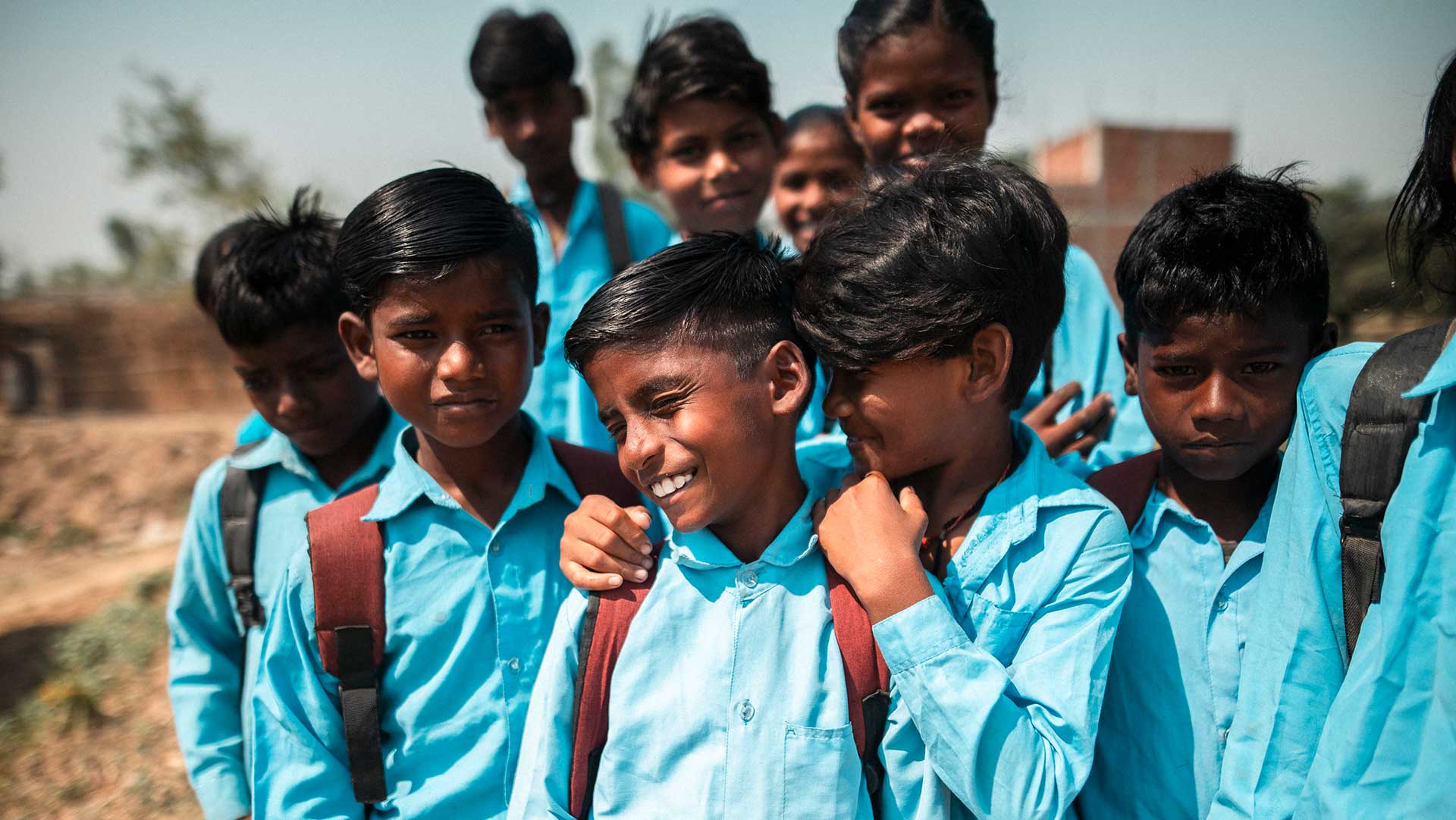
Greening the education system will also be a priority. We will ensure that educational opportunities are accessible to People with Disabilities by advocating for inclusive policies, providing necessary resources and support, and collaborating with partners to remove barriers to education.
Vocational training in Nepal is largely inaccessible to marginalised communities because of the concentration of TVET services are primarily found in urban areas. Also women have negligible access to TVET services due to patriarchal norms and discrimination against women.
FCA, in collaboration with its partners, will advocate for policies and initiatives aimed at providing skill training opportunities for marginalised women and youths as well as breaking gender stereotypes.
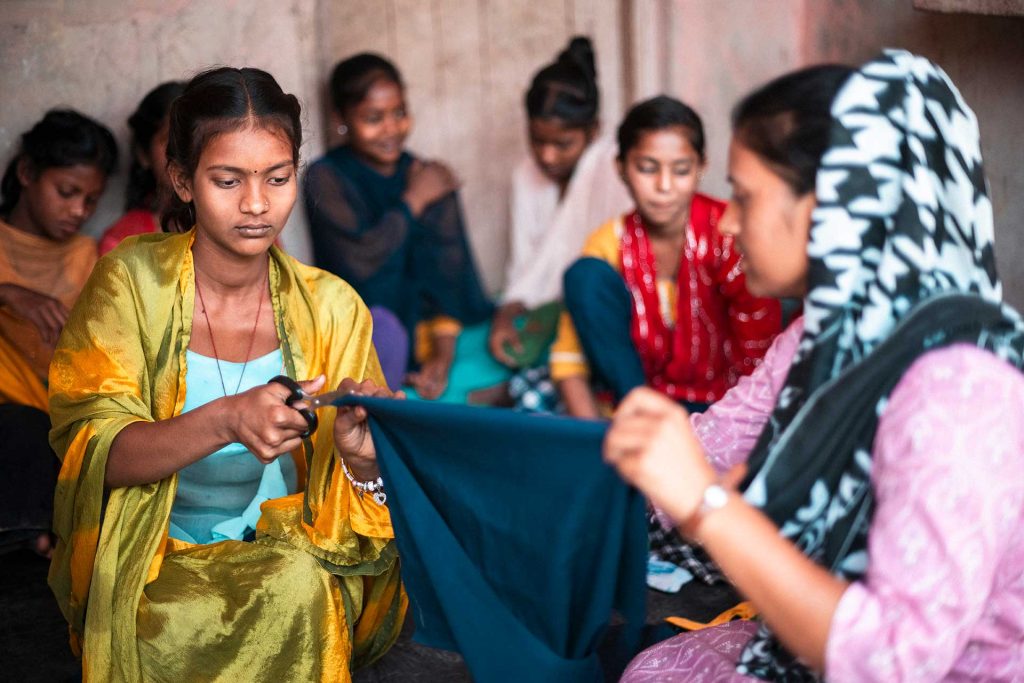
Peace and meaningful participation
FCA contributes to conflict prevention through promotion of inclusive good governance and social cohesion. To ensure the rights of marginalised groups, FCA’s and partners’ advocacy work is focusing on Caste-Based Discrimination, rehabilitation of ex-bonded labourers, equal opportunities for women, access to quality TVET and climate justice.
FCA advocates to change policies and structures that create and maintain poverty, discrimination, and the non-realisation of human rights. This is done by providing enabling support to women and community-led and owned groups to ensure the realisation of their rights and advocating toward all tiers of government (federal, provincial and national). FCA will continue applying a comprehensive approach linking socio-economic resilience of marginalised and excluded groups to inclusive civic space and good governance.
FCA also supported to provide space for meaningful participation and influence in decision-making in society for marginalised groups. Hence, our efforts are focused on improving economic status reducing Caste-Based Discrimination by restoring dignity and environment of non-discrimination, through improving effective participation and access to services and justice.
Gender equality, Climate Change and Adaptation, and Disability Inclusion are significantly prioritized throughout our programme implementation.
